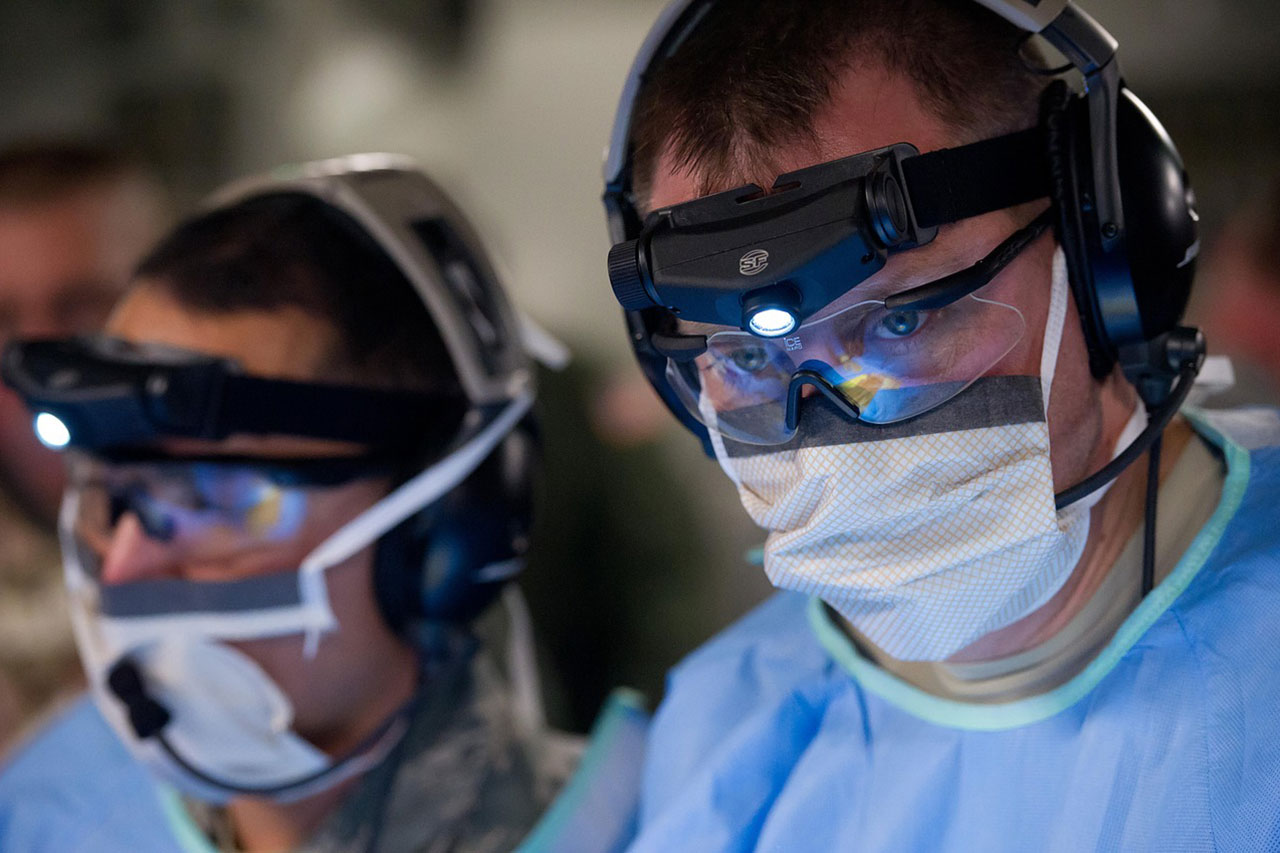A government-authorized infertility clinic, also known as a fertility clinic or reproductive health clinic, is a medical facility that specializes in assisting individuals and couples who are experiencing difficulties conceiving a child. These clinics offer a range of services aimed at diagnosing and treating infertility issues, such as in vitro fertilization (IVF), intrauterine insemination (IUI), fertility testing, and various assisted reproductive technologies (ART).
To become authorized by the government, these clinics typically have to adhere to certain regulations and standards set by the relevant health authorities. These regulations often cover aspects such as facility cleanliness, staff qualifications, ethical guidelines, and the use of reproductive technologies.
Government authorization is important as it ensures that fertility clinics operate within established legal and ethical frameworks, providing safe and effective treatments to patients. It also helps to protect patients’ rights and ensures transparency and accountability in the provision of fertility services.
Additionally, government-authorized infertility clinics may have access to funding or support from public healthcare systems, making fertility treatments more accessible to a broader range of individuals and couples.
Patients seeking fertility treatments should research and choose clinics that are authorized by the government and have a good reputation for quality care and successful outcomes. They should also consider factors such as the clinic’s success rates, the expertise of the medical staff, and the range of services offered before making a decision.
